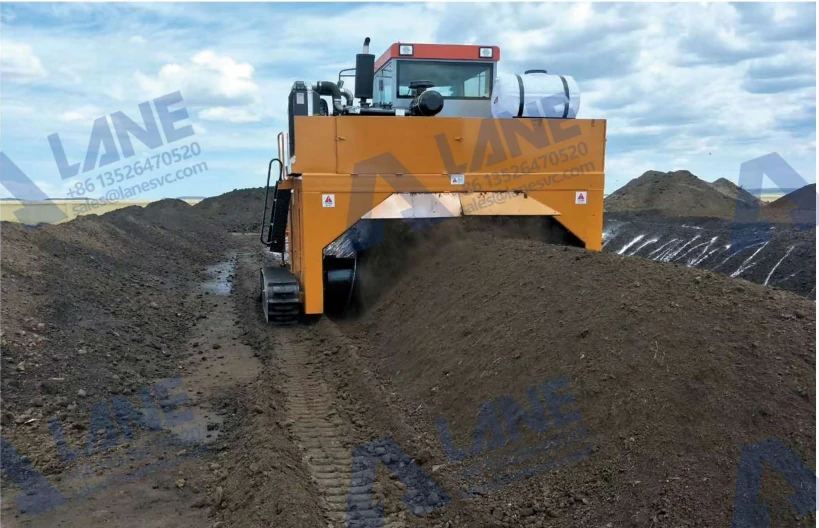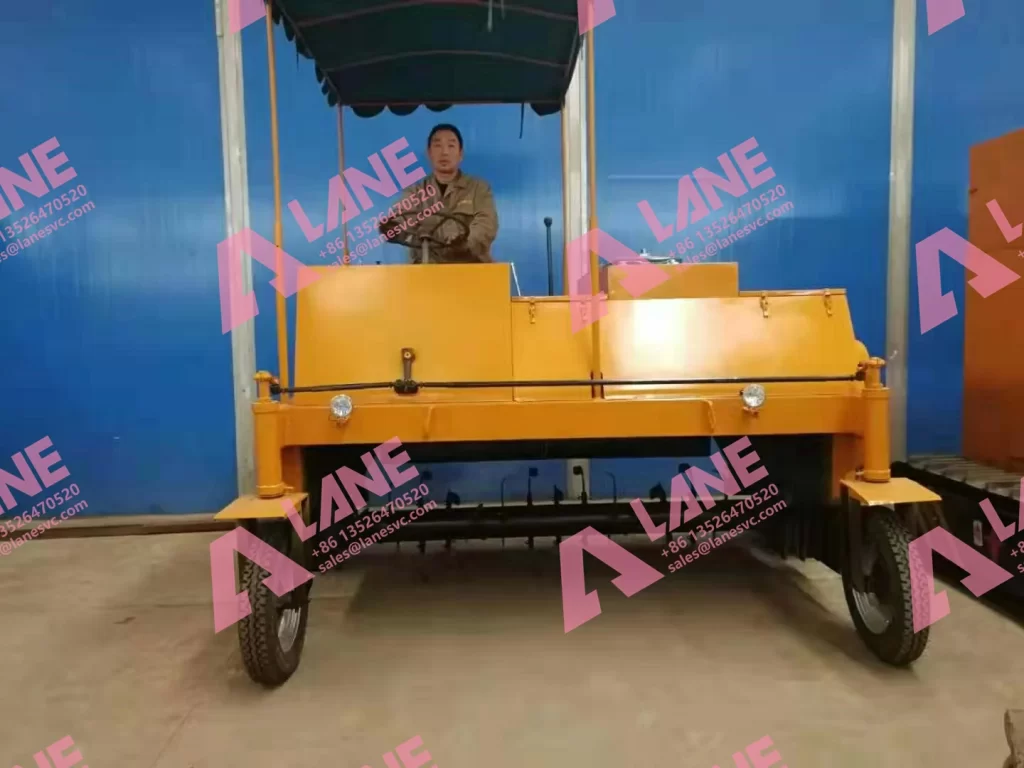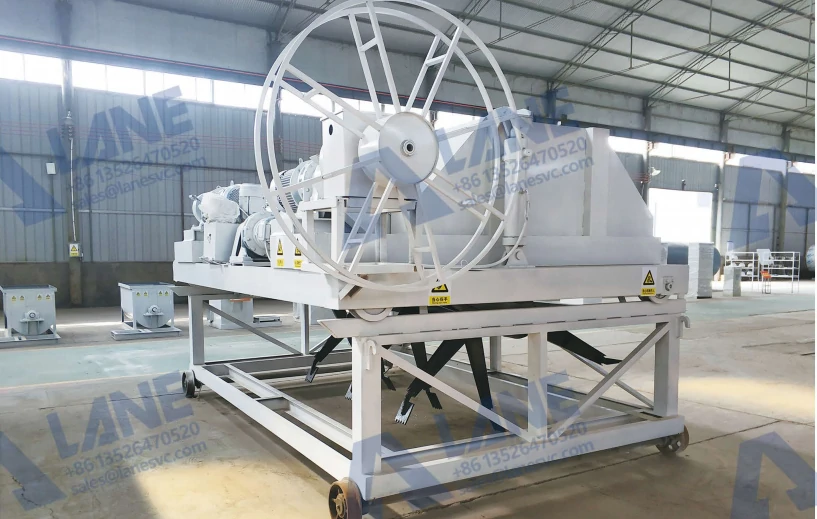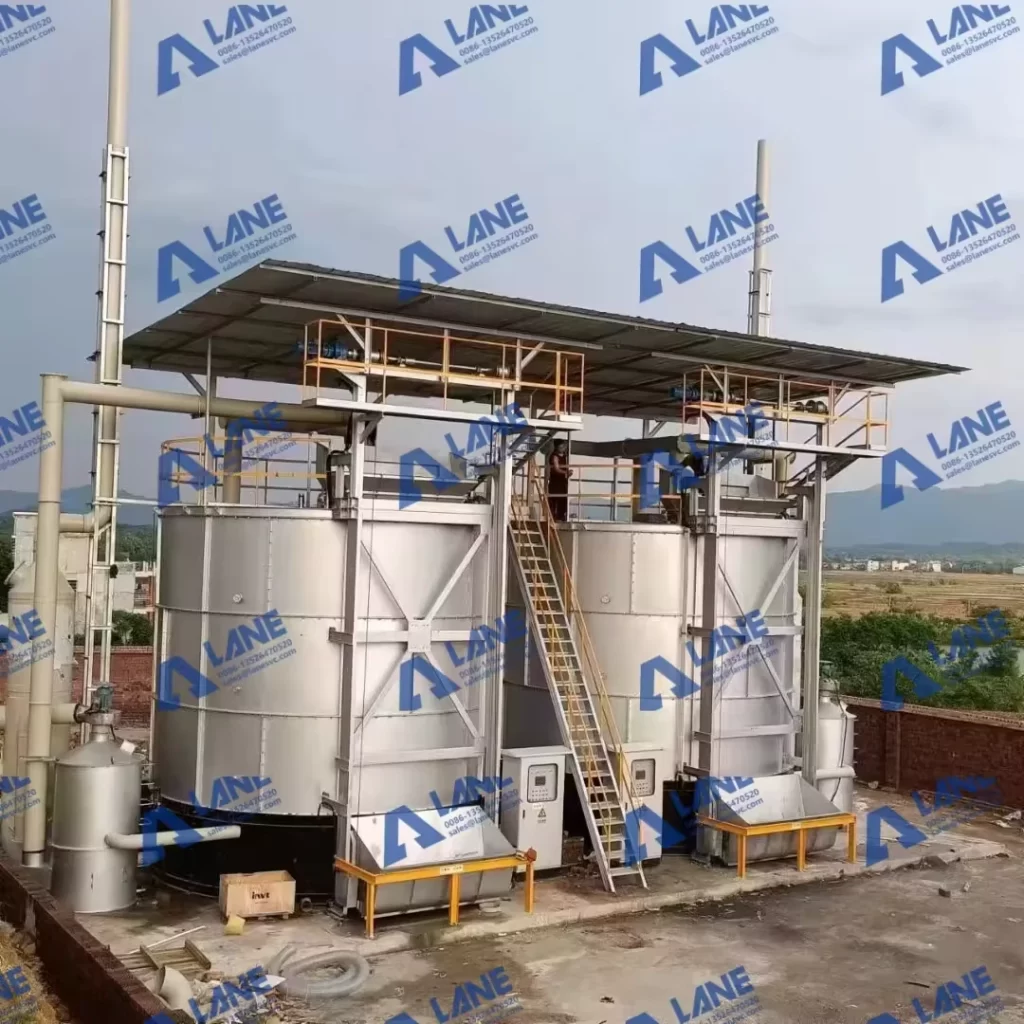If there’s one piece of technology that perfectly captures the idea of turning waste into wealth, it’s the compost fertilizer making machine. For decades, farmers have known that decomposed organic matter can restore tired soils — but now, automation and modern engineering have made that ancient wisdom faster, cleaner, and more scalable than ever.
Across farms, cities, and industrial zones, compost fertilizer making machines are quietly reshaping how we think about waste. They take what used to be a disposal problem — livestock manure, food waste, straw, sludge — and transform it into something that feeds crops, not landfills.
From Pile to Precision: The Modern Face of Composting
Traditional compost piles depend heavily on time, weather, and manual labor. A heap of manure left under the sun might eventually turn into fertilizer, but it could take months — and the result often varies in quality. Modern composting, however, doesn’t leave things to chance.
The compost fertilizer making machine brings precision to the process. It controls aeration, moisture, and temperature — the three elements that determine microbial activity. Inside the machine, oxygen circulates evenly, microbes work efficiently, and decomposition becomes predictable. Instead of waiting months, operators can produce mature compost in a matter of weeks, even days, depending on the system used.
In large facilities, LANE Heavy Industry’s compost systems integrate multiple stages: automated turning, temperature monitoring, and even odor filtration. The result isn’t just compost — it’s a stable, pathogen-free organic fertilizer ready for granulation or direct soil application.
Machines That Breathe Life into Compost
Every compost fertilizer making machine is designed to do one simple thing — help organic matter breathe. The methods may differ, but the principle remains constant.
On open-air sites, a crawler type compost turner roams through long windrows of manure and crop waste. As it moves, its rotating blades churn the material, breaking it apart and infusing it with oxygen. The smell of ammonia fades, the color darkens, and the pile becomes alive with beneficial microbes.
In enclosed facilities or cities where space is limited, vertical fermentation tanks take over. These compact systems maintain ideal heat and moisture automatically. Instead of open piles, you have a closed, clean, and odor-free composting unit — perfect for urban food waste treatment.
Between these two extremes lies the groove-type system, popular among commercial fertilizer producers. Materials move through concrete channels, turned regularly by mechanical arms — a continuous, controlled composting process that never stops.
Types of Compost Fertilizer Making Machines
Different composting setups require different equipment types. Here are the most commonly used compost fertilizer making machines in organic fertilizer production:
The crawler type compost turner is one of the most popular machines in modern composting. It moves on rubber tracks and uses rotating blades to turn, crush, and aerate compost piles efficiently.
By introducing oxygen evenly throughout the material, it promotes rapid microbial decomposition while reducing odor. The crawler design allows it to handle large piles outdoors, making it ideal for livestock manure and agricultural waste processing.

The wheeled type compost turner offers mobility and convenience. It is suitable for medium-sized composting operations, especially in flat open spaces or compost sheds. Its turning drum stirs materials evenly and maintains consistent moisture and temperature, ensuring the compost remains aerobic throughout the process.

For factory-scale composting, the groove type compost turner operates along pre-built fermentation trenches. It’s highly automated and space-efficient, making it a favorite in continuous composting systems.
LANE’s groove type turners are equipped with hydraulic lifting and automatic travel systems, allowing precise control over compost depth and aeration.

In urban or limited-space composting facilities, a vertical compost fermentation tank is the best solution. It provides a closed, odor-controlled composting environment with automatic temperature and oxygen regulation. The process takes only 7–10 days, producing mature compost quickly without pollution or manual turning.

Why This Matters Now
The world produces over a billion tons of organic waste every year, much of it underutilized or discarded. Yet within that waste lies immense potential: nitrogen, phosphorus, potassium, and carbon — the essential building blocks of fertile soil.
The compost fertilizer making machine unlocks that potential. It allows communities to recycle waste locally, farmers to cut chemical fertilizer costs, and companies to meet environmental standards without compromising efficiency.
At a time when soil degradation and climate change are major agricultural challenges, compost fertilizer technology offers a solution that’s both simple and revolutionary. Every batch of compost restores microbial life, increases water retention, and improves soil structure. It’s not just a production tool — it’s a sustainability engine.
Behind the Machines: A Human Effort
What’s often overlooked in all this technology is the people behind it — engineers, farmers, and technicians who believe that machinery can work in harmony with nature. Companies like LANE Heavy Industry have spent years refining composting systems for different climates and raw materials — from chicken manure in Indonesia to municipal sludge in Africa.
Their machines aren’t just metal and motors. They represent a philosophy: waste is not the end of something, but the beginning of a new cycle.
The Future of Composting and the Compost Fertilizer Making Machine
Looking ahead, the evolution of the compost fertilizer making machine will continue toward smarter, cleaner, and more connected systems. Imagine machines that automatically adjust mixing speed based on compost temperature, or sensors that detect microbial activity in real time.
With renewable energy integration and AI-assisted monitoring, tomorrow’s compost systems will do more than process waste — they’ll measure carbon savings, track nutrient balance, and even optimize fertilizer formulation based on soil data.
Conclusion
The compost fertilizer making machine isn’t just a tool — it’s a bridge between two worlds: industry and ecology. It takes what we throw away and gives it a new purpose, quietly reminding us that sustainability isn’t about doing less, but doing smarter.
As more farms and factories embrace this technology, composting will no longer be seen as an afterthought, but as a core part of modern agriculture’s circular future.
For more details, please feel free to contact us.
Henan Lane Heavy Industry Machinery Technology Co., Ltd.
Email: sales@lanesvc.com
Contact number: +86 13526470520
Whatsapp: +86 13526470520